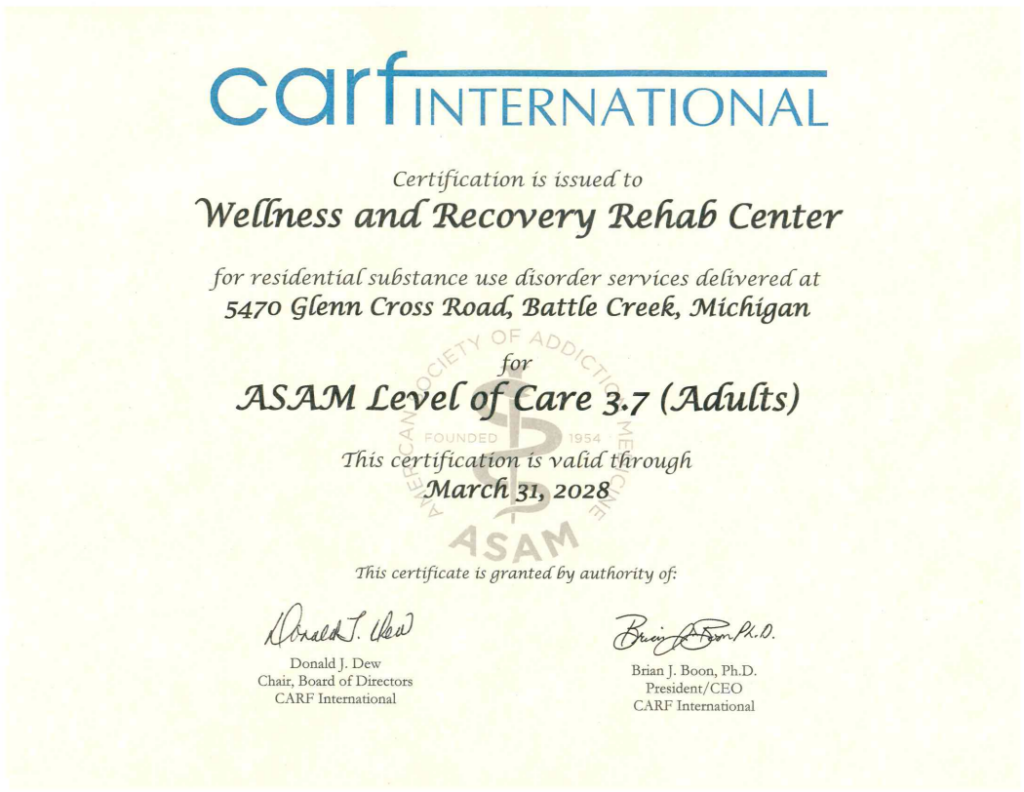
Struggling with trauma and addiction? You are not alone. For sustainable recovery, consider inpatient drug rehabs. Keep reading to learn more.
Trauma can leave deep scars, not just on the body but on the mind and soul. For many, the pain of past experiences becomes too much to bear, leading to unhealthy coping mechanisms like substance use.
Inpatient drug rehab programs offer a safe, structured environment where individuals can heal from both trauma and addiction. At Wellness and Recovery, we understand the complex connection between trauma and substance use, and we’re here to help you reclaim your life.

Trauma disorders are mental health conditions that develop after experiencing or witnessing a traumatic event. These events can range from physical or emotional abuse to accidents, natural disasters, or military combat.
Trauma disorders can severely impact a person’s mental health, leading to symptoms like flashbacks, nightmares, anxiety, and depression. This can significantly impact their personal and professional lives, making it difficult to function with daily tasks and responsibilities.
PTSD is one of the most well-known trauma disorders. It can develop after a person experiences or witnesses a traumatic event, such as a car accident, assault, or natural disaster. Symptoms can be severe and long-lasting, making it difficult to function in daily life.
Example: A military veteran may experience PTSD after returning from combat, leading to flashbacks of battle scenes and difficulty adjusting to civilian life.
Example: A person who survives a car crash may experience acute stress disorder, leading to nightmares and anxiety when driving or riding in a car.
Dissociative disorders involve a disconnection from reality, often as a way to cope with overwhelming trauma. These disorders can make it difficult to stay grounded in the present moment and may lead to memory loss or identity confusion.4
Example: A survivor of childhood abuse may develop a dissociative disorder, leading to periods of memory loss or feeling like they’re “watching” their life from the outside.
At Wellness and Recovery, our inpatient drug rehab programs are designed to help individuals heal from trauma and rebuild their lives.
With round-the-clock support from medical and mental health professionals, clients can begin to rebuild their sense of safety and stability.
For many, the first step in recovery is detoxing from drugs or alcohol. Inpatient drug rehab programs offer medical detox services to ensure this process is as safe and comfortable as possible.

At Wellness and Recovery, we use a variety of evidence-based therapies to help clients heal from trauma and addiction. These therapies are designed to address the root causes of trauma and provide clients with the tools they need to move forward.
Medication can play a crucial role in the treatment of trauma and addiction. When used in conjunction with therapy, the impact can be substantial.

After completing an inpatient drug rehab program, many clients continue their recovery through outpatient therapy. This ongoing support helps them stay on track and address any challenges that may arise.
Support groups provide a valuable source of ongoing support for trauma survivors. These groups offer a space to share experiences, gain insights, and build connections with others who understand their journey.
Inpatient drug rehab programs provide a safe, structured environment for healing trauma and addiction together. By addressing trauma through evidence-based and holistic therapies, individuals can achieve better long-term outcomes and reclaim their lives.
Contact Wellness and Recovery today to learn more about our inpatient drug rehab programs and take the first step toward a brighter future.
